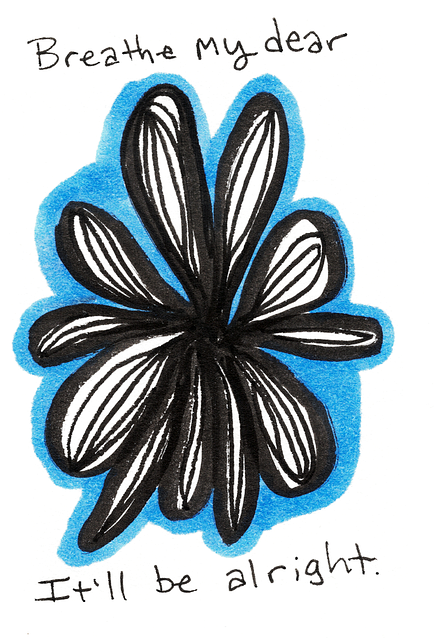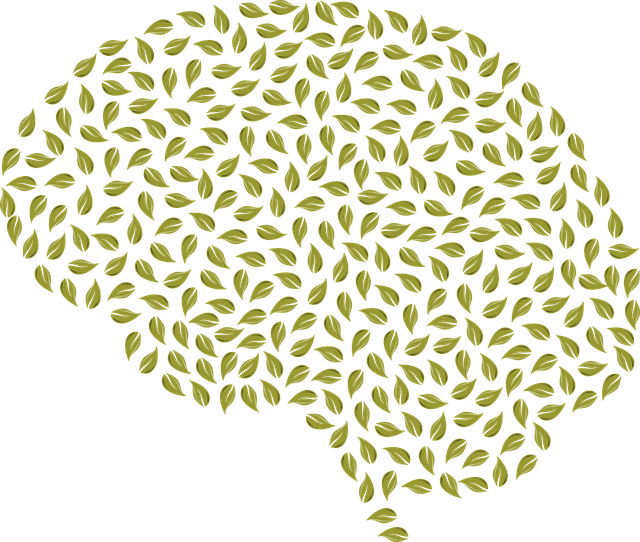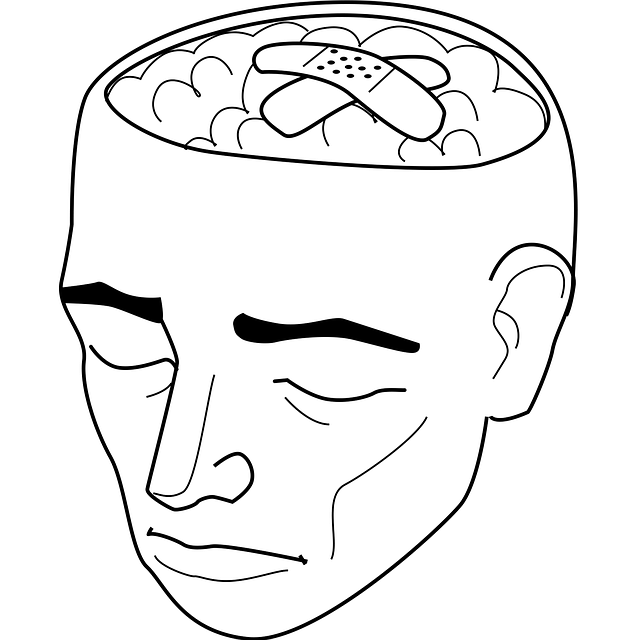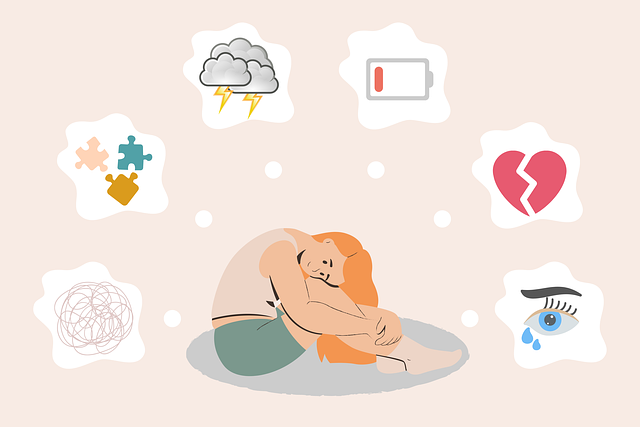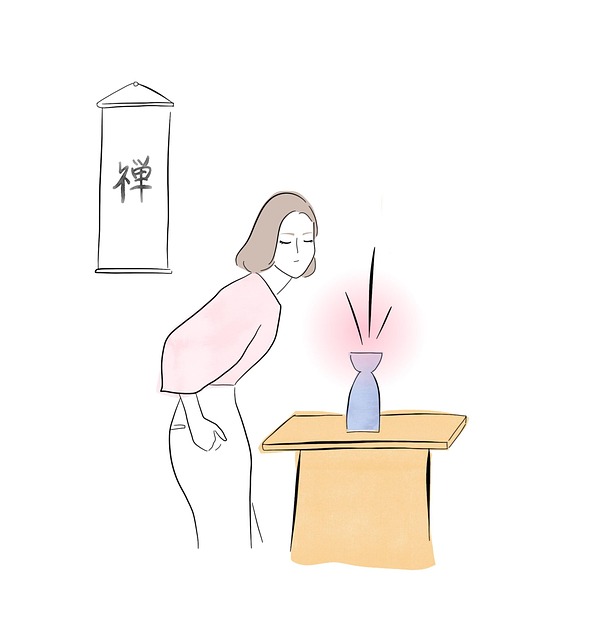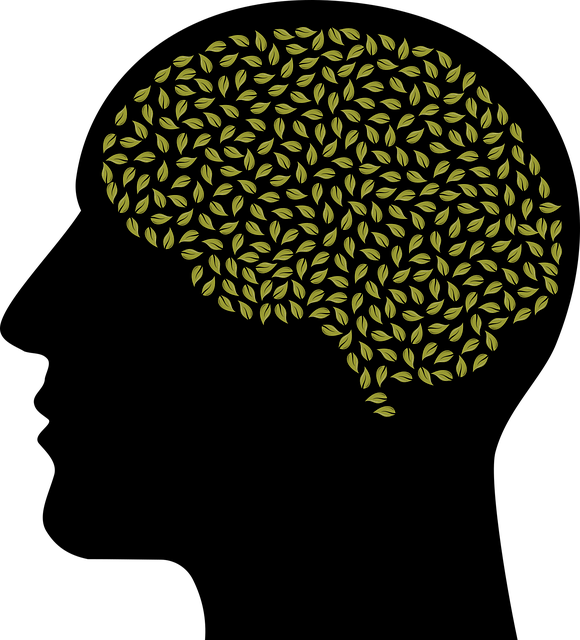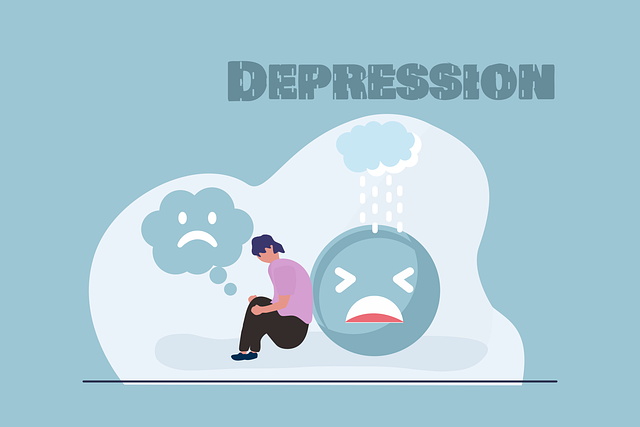Lone Tree Anger Management Therapy's marketing strategy focuses on understanding target audiences' pain points related to anger management, offering tailored cognitive-behavioral therapy and mindfulness solutions. By conducting market research, they identify common stressors and develop app features that cater to unique needs. The app distinguishes itself through specialized expertise, aiming to normalize anger management conversations. Effective marketing involves creating emotional content in diverse formats, building trust through storytelling, leveraging social media engagement, and utilizing multiple online platforms for increased visibility and user retention.
In today’s digital age, mental wellness apps are transforming lives. For Lone Tree Anger Management Therapy, a strategic marketing approach is key to standing out. This article explores a comprehensive guide to developing an effective marketing strategy for mental health apps, focusing on understanding your audience’s needs and pain points. We’ll uncover the unique selling proposition of Lone Tree Anger Management Therapy and craft engaging content strategies, leveraging digital channels for optimal outreach. By implementing these techniques, you can reach and support individuals seeking anger management solutions.
- Understanding Your Target Audience: Identifying Needs and Pain Points
- Positioning Lone Tree Anger Management Therapy: Unique Selling Proposition (USP)
- Crafting Engaging Content Strategies for Mental Wellness App Marketing
- Leveraging Digital Channels: Effective Promotion and Outreach Techniques
Understanding Your Target Audience: Identifying Needs and Pain Points

Understanding your target audience is a crucial step in developing an effective marketing strategy for a mental wellness app, especially when catering to specific needs like Lone Tree Anger Management Therapy. Identifying and empathizing with users’ pain points can help create relevant content and services. Many individuals struggle with anger management issues, which significantly impact their emotional well-being and daily lives. By recognizing these challenges, the app can offer tailored solutions, such as cognitive-behavioral therapy techniques or mindfulness practices to promote emotional intelligence and healthier coping mechanisms.
Through market research, you’ll uncover common stressors and triggers that prompt users to seek anger management support. This knowledge enables the app developers to design features that resonate with the target audience’s unique needs, ensuring the marketing efforts are more targeted and successful.
Positioning Lone Tree Anger Management Therapy: Unique Selling Proposition (USP)

Lone Tree Anger Management Therapy stands out as a pioneering force in mental wellness, offering a specialized service with a clear and compelling Unique Selling Proposition (USP). Their focus on anger management therapy sets them apart from broader mental health services, targeting a specific yet critical aspect of emotional well-being. By providing tailored interventions, they cater to individuals seeking effective crisis intervention guidance to manage anger-related issues.
The app’s marketing strategy should emphasize the specialized knowledge and experienced therapists within their team, ensuring potential users understand the depth of support offered. In addition to individual therapy sessions, Lone Tree Anger Management Therapy can leverage Public Awareness Campaigns Development to educate communities on mental health, normalizing conversations around anger management and its importance. Integrating this approach with the design of Mental Health Education Programs can further enhance their appeal, positioning them as a trusted resource for both personal growth and public wellness initiatives.
Crafting Engaging Content Strategies for Mental Wellness App Marketing

In crafting engaging content strategies for marketing a mental wellness app like Lone Tree Anger Management Therapy, it’s crucial to tap into the emotional and psychological needs of your target audience. This involves creating compelling narratives that resonate with individuals seeking peace, self-improvement, and effective anger management techniques. Incorporate diverse media formats such as blog posts, video testimonials, infographics, and podcasts to cater to different learning styles. Share practical tips and insights on topics like self-awareness exercises, risk management planning for mental health professionals, and self-esteem improvement, ensuring each piece of content offers tangible value.
Focus on building trust and fostering a sense of community through authentic storytelling. Highlight real-life success stories, case studies, and expert interviews to showcase the app’s effectiveness. Leverage social media platforms to engage users directly, encouraging them to share their experiences and join discussions related to mental wellness. By maintaining a consistent flow of informative, relatable, and actionable content, your marketing efforts will not only attract but also retain users interested in enhancing their mental health through evidence-based practices.
Leveraging Digital Channels: Effective Promotion and Outreach Techniques

In today’s digital era, leveraging online channels is pivotal for marketing mental wellness apps and reaching a wider audience. Platforms like social media, email campaigns, and search engine optimization (SEO) can significantly boost visibility. For instance, a unique offering like Lone Tree Anger Management Therapy can utilize targeted ads on Facebook and Instagram to engage individuals seeking anger management support. By creating compelling content highlighting the benefits of their services, they can attract potential clients who might be hesitant to seek therapy traditionally.
Additionally, implementing a robust Community Outreach Program can enhance accessibility. This could involve partnerships with local healthcare providers offering Cultural Competency Training, ensuring diverse communities feel welcomed and understood. Incorporating Mental Wellness Journaling Exercise Guidance in app promotions can also engage users interactively. Such strategies not only promote the app but foster a sense of community and support around mental wellness, ultimately contributing to better user retention and satisfaction.
In developing a marketing strategy for mental wellness apps, particularly focusing on Lone Tree Anger Management Therapy, understanding your target audience is key. By identifying their needs and pain points, you can craft tailored content and leverage digital channels effectively to reach and engage them. With a unique selling proposition that sets Lone Tree apart, a well-executed marketing plan can significantly enhance its visibility and appeal, providing accessible and impactful anger management solutions to those in need.






